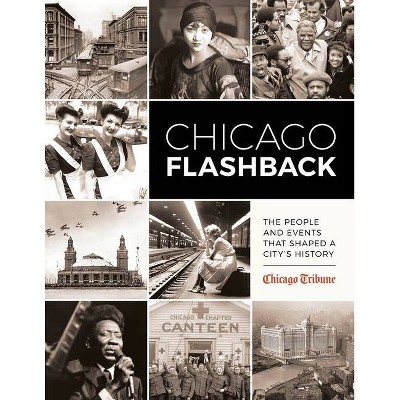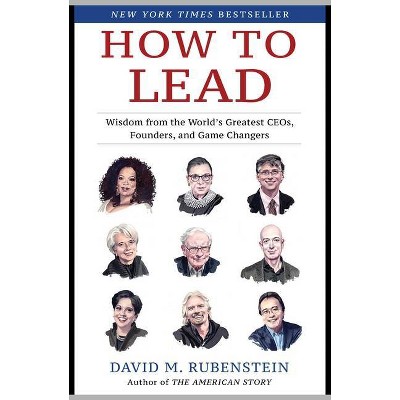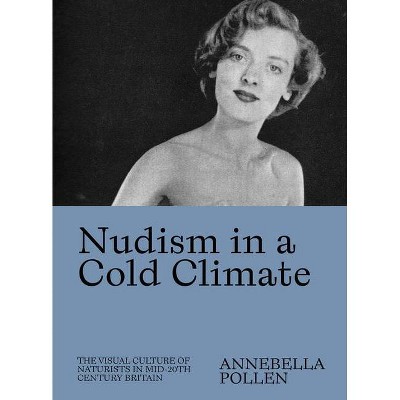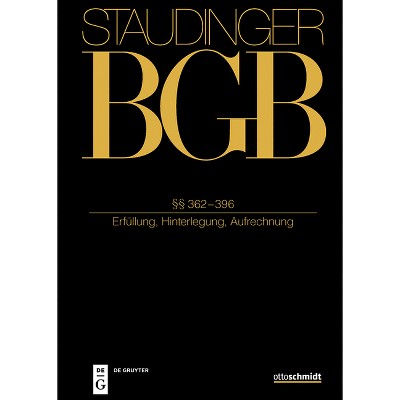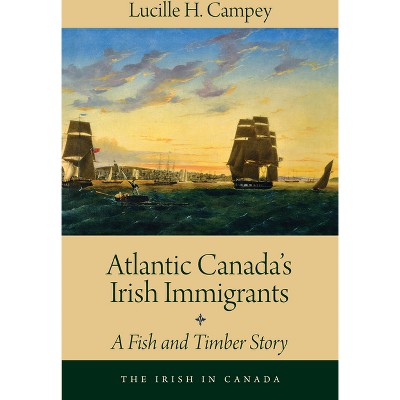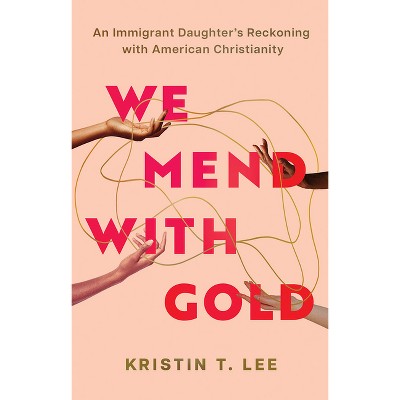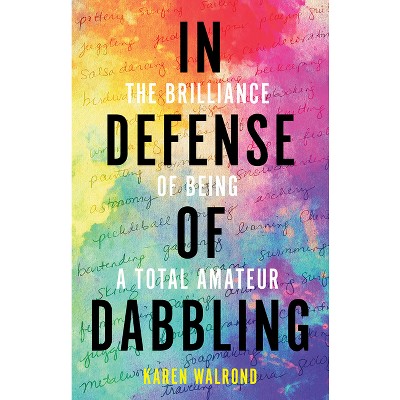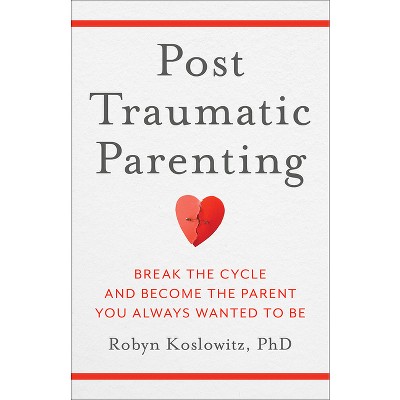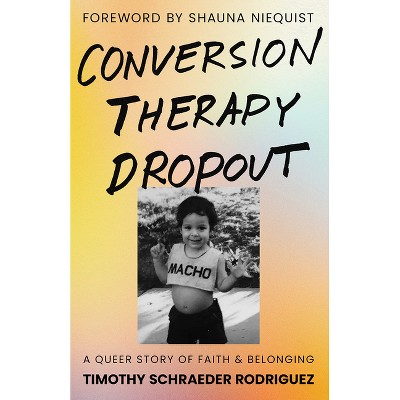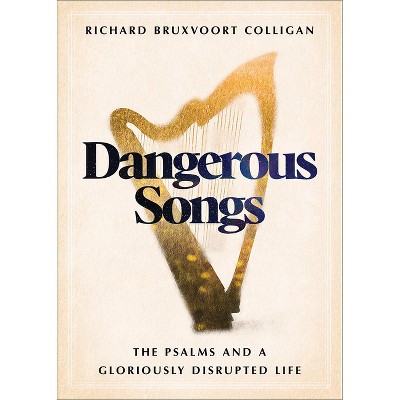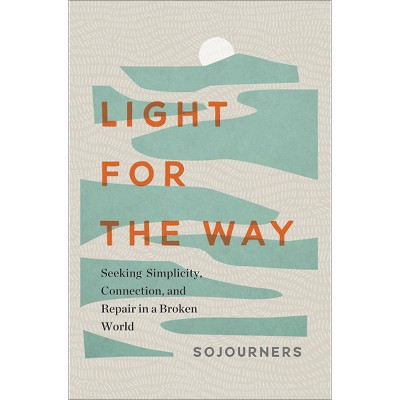Sponsored

My America - by Randal Maurice Jelks (Hardcover)
Pre-order
Sponsored
About this item
Highlights
- Best known as the leader of the Harlem Renaissance, the celebrated poet and writer Langston Hughes believed in the power of art as resistance.
- Author(s): Randal Maurice Jelks
- 292 Pages
- Biography + Autobiography, Cultural, Ethnic & Regional
Description
About the Book
A commanding portrait of Langston Hughes as a young radical and global citizen, My America captures the beauty of cities, the fight against fascism, and the power of art as resistance. Exploring lesser-known political works from the celebrated poet, Randal Jelks positions Hughes as an activist and artist committed to the ongoing work of justice.Book Synopsis
Best known as the leader of the Harlem Renaissance, the celebrated poet and writer Langston Hughes believed in the power of art as resistance. What can we learn from his works today?
Randal M. Jelks delivers this revelatory portrait of the celebrated poet, essayist, playwright, and American artist Langston Hughes. My America traces Hughes's journey from a child captivated by the wonder of Kansas City to cosmopolitan witness in Paris, New York, Mexico City, and Madrid. We encounter Hughes as a young man discovering the pulse of modern life in a world on the verge of exploding metaphorically and literally. His experiences informed his work and his thinking on art, democracy, and activism.
Langston Hughes is one of the few American writers who consistently wrote about democracy from a joyous perspective, and My America explores how his works speak to the political anxieties and crises we face today. Jelks deftly examines the themes in Hughes's work, including creative expression, communal dignity, class struggle, and human suffering and what they mean for our inner well-being as democratic persons and political participants.
With care and no-holds-barred insight, My America removes the veneer of respectability often placed on Hughes's work and life to reveal his political adeptness. In a world threatened by fascism, Hughes's writing wasn't afforded the luxury of subtlety. He made a spiritual and political decision to stand on the side of the oppressed. He believed art should be practiced for the sake of justice. And democracy can be practiced with joy.
Shipping details
Return details
Trending Non-Fiction






